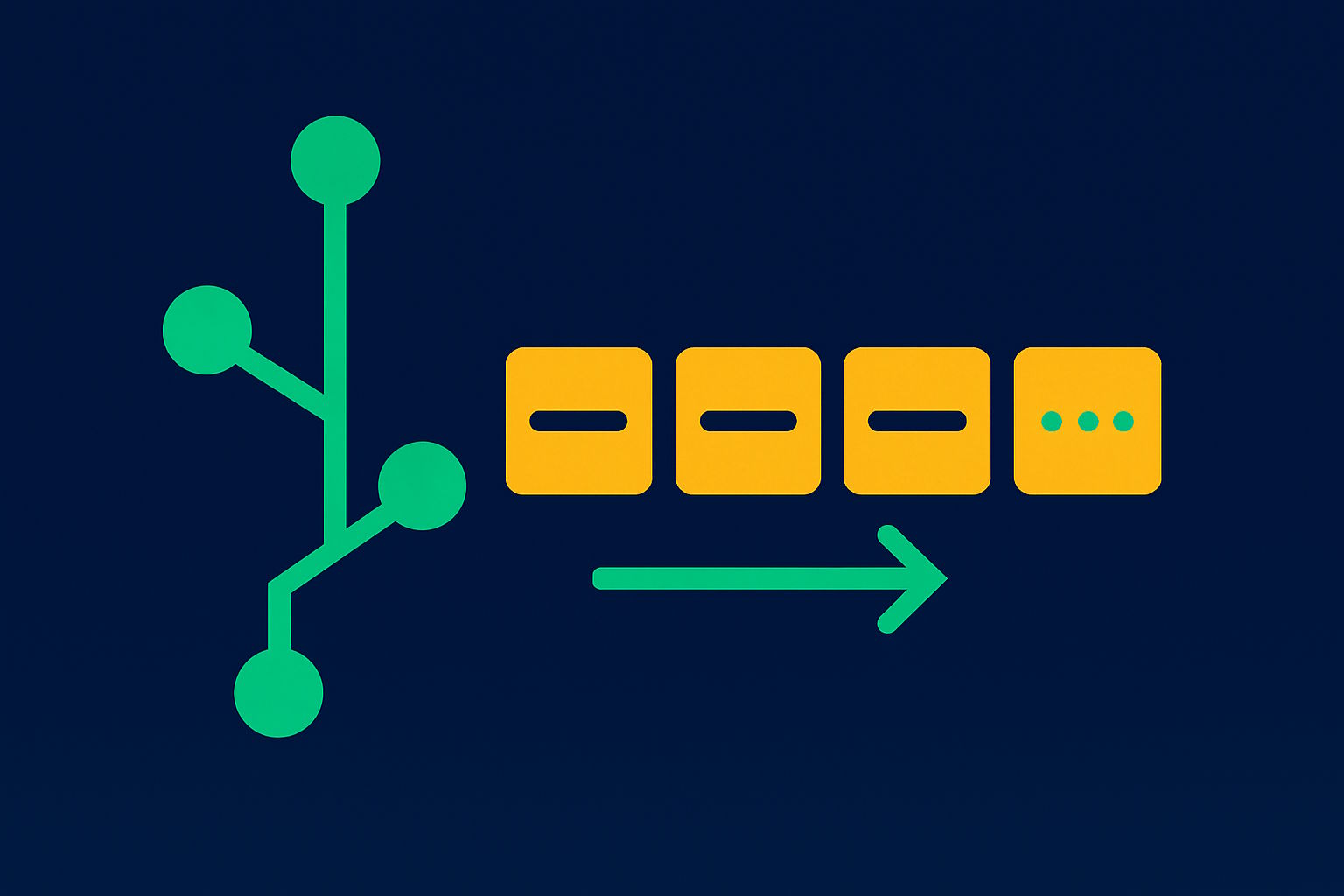Smart Exploration in Reinforcement Learning using Bounded Uncertainty Models
PositiveArtificial Intelligence
A recent study on reinforcement learning highlights a novel approach to enhance decision-making in uncertain environments by integrating prior model knowledge. This method aims to reduce the data requirements typically needed for optimal policy learning, making the process more efficient. By optimizing over a set of models that includes the true transition kernel and reward function, researchers can guide exploration and accelerate learning. This advancement is significant as it could lead to faster and more effective applications of reinforcement learning in various fields, from robotics to finance.
— Curated by the World Pulse Now AI Editorial System


